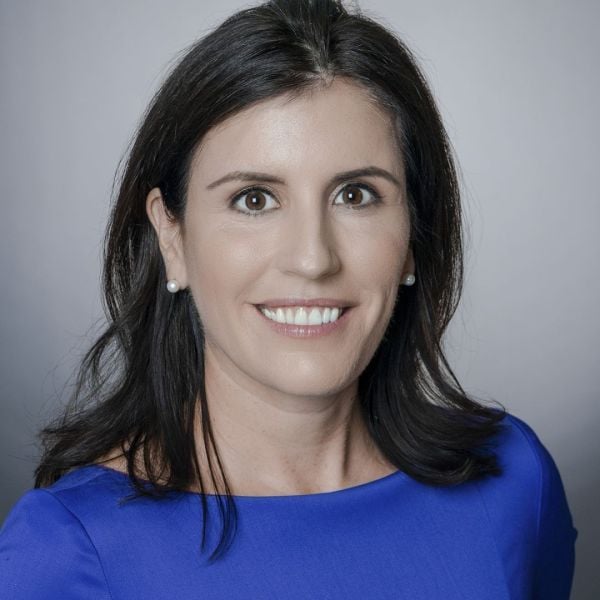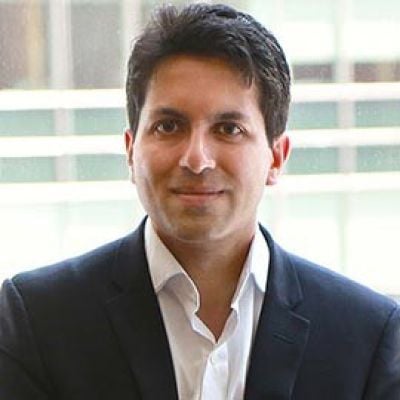The day I received an acceptance letter to Yale should have been a day for celebration in my family. Instead, I was congratulated and then told that I could not go.
My parents didn’t attend college. Their parents didn’t even attend high school. They all dropped out after sixth, seventh, or eighth grade. Higher education was not something my family had planned for, much less saved for.
After more debate, my father finally relented. I graduated with a diploma from Yale and with what I thought was a staggering amount of debt.
Since I enrolled in the early 1990s, the national average of college tuition has nearly tripled. The exponential growth of college-related costs, coupled with limited federal aid and stagnant earnings, means students are increasingly taking on significant debt loads to earn a college degree.
If we fail to ensure all people can access education, we will all be the worse for it.
The problem is too serious to ignore. It affects not just the borrowers but impacts our economy. The financial burden of student loans often prevents college graduates from saving for homeownership, their children’s college, or retirement, and is an impediment to entrepreneurship.
At the end of 2019, the nation’s outstanding student loan debt had surpassed $1.5 trillion, with over 11 percent of aggregate debt in delinquency or default. In Illinois, two-thirds of graduates have student debt, and the average student debt balance in Illinois is $29,855. Furthermore, traditionally underrepresented college students, such as low-income, first-generation, and African-American students, are more likely to have higher than average balances, often under predatory or unfavorable private loan terms. Despite these financial challenges, higher education remains one of the strongest paths towards increasing lifelong earnings.
I ran for office because I don’t want any children to have to give up their college dream because of a lack of resources. As state treasurer, I have made it a point to support and advance a comprehensive set of policies and programs aimed at increasing access to higher education.
-
As trustee and administrator of the Illinois 529 College Savings Plans, Bright Start and Bright Directions, I restructured our college savings programs to better provide low-cost, high-quality, and easy-to-access investment options.
-
I championed the funding of the Monetary Award Program, our state’s need-based financial aid vehicle.
-
Last year, I spearheaded an initiative to support Illinois’ student borrowers by investing approximately $750 million in affordable and responsible education loan products. My office plans to use this authority to significantly expand the number of affordable student financing options provided to Illinois residents.
-
Presently, I am taking steps to launch a universal savings program so that all Illinois children have access to a college savings account from birth.
We cut college savings plan fees by 50 percent while improving the investment quality of our College Savings programs. My office now aims to use our new authority to provide Illinois residents with more affordable education financing options.
Over the next few months, and through our partnerships with the Milken Institute and the Student Borrower Protection Center, Illinois will lead the way in offering innovative vehicles that help level the educational playing field by: refinancing post-graduation, non-subsidized student debt at competitive rates, facilitating access to capital to underrepresented college groups, and launching non-traditional credit evaluation and financing models.
In the midst of a global pandemic, and after centuries of social and economic injustice, states must think critically and take action to strengthen our local economies. Alleviating inequality in student lending and college savings in our communities is a critical step in that process.
I was able to graduate from a private college with debt that, by today’s standards, no longer seems so unbearable. Thankfully, I received need-based financial aid and had the ability to access student loans to finance the rest.
Today, many families similar to mine find it increasingly untenable to finance a degree from a public university. I believe that talent is spread evenly amongst people from all socioeconomic backgrounds. As the state’s chief investment and banking officer, investing in our residents is ultimately investing in our state and sustained economic growth. If we fail to ensure all people can access education, we will all be the worse for it.















